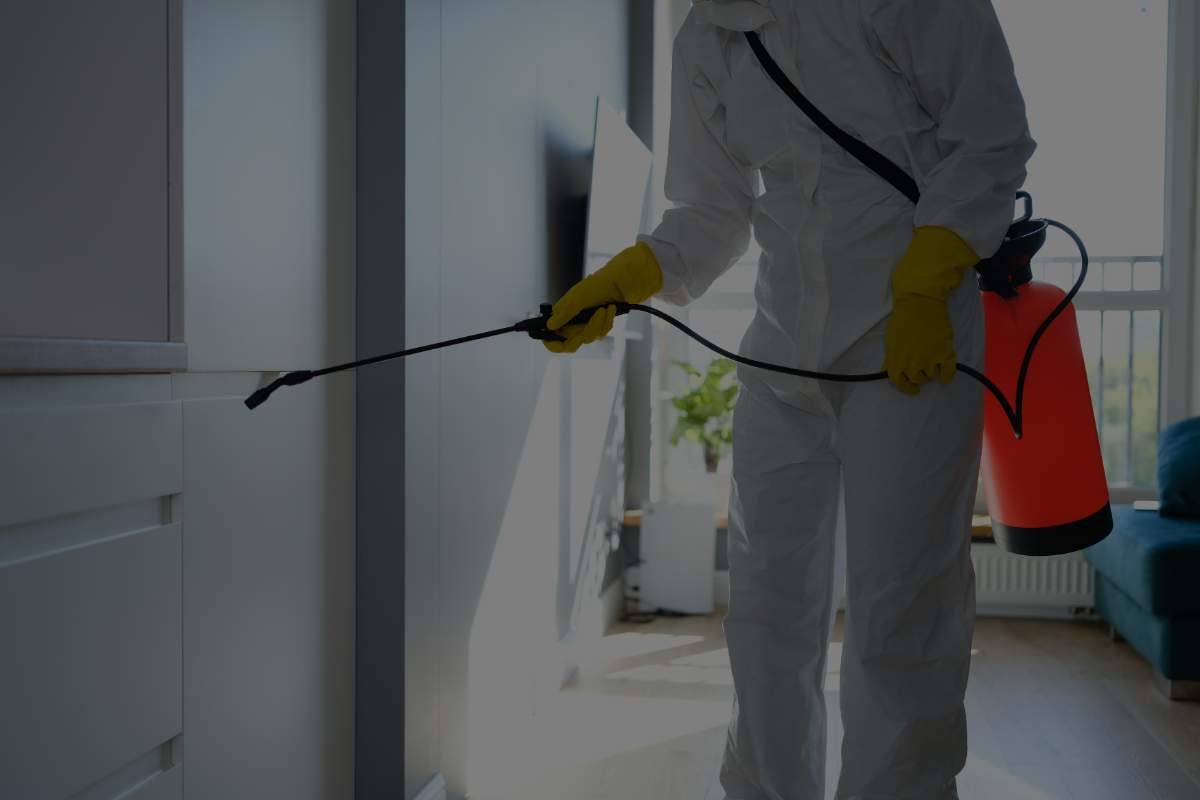Sewage backup is not just an unpleasant surprise; it can lead to severe damage and hefty repair costs. For residents of San Diego, understanding sewage backup prevention is crucial to maintaining a safe and healthy home environment. With the coastal climate and unique plumbing challenges in the area, homeowners must take proactive steps to avoid this unwanted scenario. In this guide, we’ll explore essential strategies for preventing sewage backups, ensuring your home remains a sanctuary from the chaos of plumbing disasters.
Imagine waking up to find your basement flooded with wastewater or your toilets refusing to flush. Not only is this a health hazard, but it can also result in expensive repairs and significant stress. Fortunately, by implementing effective sewage backup prevention measures, you can protect your home and family from these issues. Whether you live in an older home with aging plumbing or a newer construction, understanding the potential risks and taking action is vital. In this post, we will delve deep into practical solutions that will help you safeguard your San Diego residence against sewage backups.
17 best Sewage backup prevention San Diego
Understanding the Causes of Sewage Backups
The first step in sewage backup prevention is understanding what can cause these backups in the first place. Common culprits include tree root intrusion, grease buildup, and aging sewer systems. In San Diego, where many homes have mature trees, root intrusion can easily block sewer lines. Additionally, improper disposal of grease and non-flushable items can lead to clogs that result in backups. Regular maintenance and awareness of these causes can help you take the necessary precautions.
Regular Maintenance and Inspections
One of the most effective strategies for sewage backup prevention is to schedule regular plumbing inspections. Engaging a professional plumber to assess your sewer lines can help identify potential problems before they escalate. During these inspections, plumbers can conduct video camera assessments to detect blockages or weakening pipes. Furthermore, cleaning your sewer lines periodically can remove buildup that might cause clogs. For San Diego homeowners, consider scheduling these inspections annually, especially if you notice any signs of slow drainage or unusual smells.
Proper Disposal Practices
What you flush down your toilets and pour down your sinks can significantly impact your plumbing system. To prevent sewage backups, educate your household on proper disposal practices. Avoid flushing items like wipes, feminine hygiene products, and paper towels, as they don’t break down like toilet paper. In the kitchen, never pour grease down the drain; instead, collect it in a container and dispose of it in the trash. Implementing these simple habits can reduce the risk of clogs and backups significantly.
Investing in Backflow Prevention Devices
If your home is located in an area prone to heavy rain or flooding, consider investing in backflow prevention devices. These devices can help prevent sewage from flowing back into your home during heavy rains or when the municipal sewer system is overwhelmed. A professional plumber can recommend the best options for your specific needs and ensure they are installed correctly.
Landscaping Considerations
Believe it or not, your landscaping choices can affect your sewer system. Ensure that trees and shrubs are planted at a safe distance from sewer lines, as their roots can cause damage over time. Additionally, grading your yard to direct water away from your home and sewer systems can prevent excess water from overwhelming your plumbing, especially during San Diego’s rainy season. Proper landscaping not only enhances your home’s curb appeal but also contributes to effective sewage backup prevention.
Emergency Preparedness
Finally, despite all precautions, emergencies can still happen. Prepare for the unexpected by having a sewage backup emergency kit ready. This kit can include rubber gloves, a face mask, a bucket, and a wet/dry vacuum specifically designed for such situations. Knowing how to react quickly can minimize damage and health risks if a backup occurs. Additionally, having the contact information of a reliable local plumber can be invaluable during an emergency.
By following these guidelines for sewage backup prevention in San Diego, you can protect your home from potential disasters. Remember, a proactive approach is the best way to ensure peace of mind and a healthy living environment.

